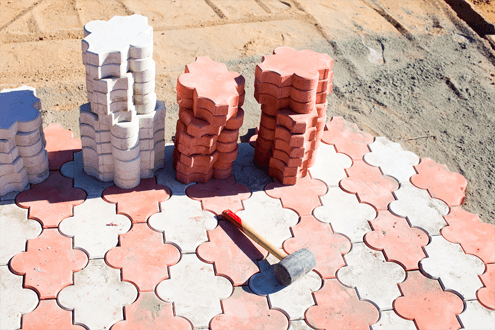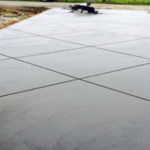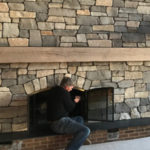
The Effect of Rain and Heat on Asphalt
Get the Help from the Reliable Paving Company.
Asphalt is at a lot of spaces at your home. They are in our driveways, our pavements and even on our roofs. Now, this asphalt gets impacted a lot by the heat and the rain. In the following post, we are going to take a look at the effect of rain and heat on asphalt
Rain Effect on Asphalt
Moisture is one of the worst problems for asphalt. Asphalt absorbs moisture and the longer water sits on an asphalt surface, the more water is absorbed, and the more damage is done to the asphalt your driveway, parking lot or other critical pavement surfaces.
Since water and moisture are damaging to asphalt, most of the asphalt surfaces are engineered to sweep away water to sewers and catch basins. However, you must note that no material can withstand persistent moisture forever. Thankfully, with proper and regular maintenance and some expert advice from David Paving Co, you can keep your asphalt strong and looking like new for as long as you own the property.
Hot Weather’s Effect on Asphalt
Constantly high temperatures cause the surface of your asphalt to heat up faster than the lower portions, which can cause cracking, fading, stress fractures, and soft spots.
Your asphalt is susceptible to the effects and fluctuations of extreme heat. These temperature fluctuations can cause the rigid asphalt slab to curl, and that can lead to stress fractures along the surface and tensile stresses in the bottom portion of the slab.
UV rays are also quite damaging to your asphalt. UV rays can drastically increase the rate of asphalt surface deterioration, like soft spots and small waves across the surface.
UV rays and regular use can also weaken the components in the asphalt structure, causing the rich black color of new asphalt to fade to a dull gray. The right way to protect your asphalt from high heat and UV rays is by sealcoating cracks as soon as possible and also carry out regular preventive maintenance.




